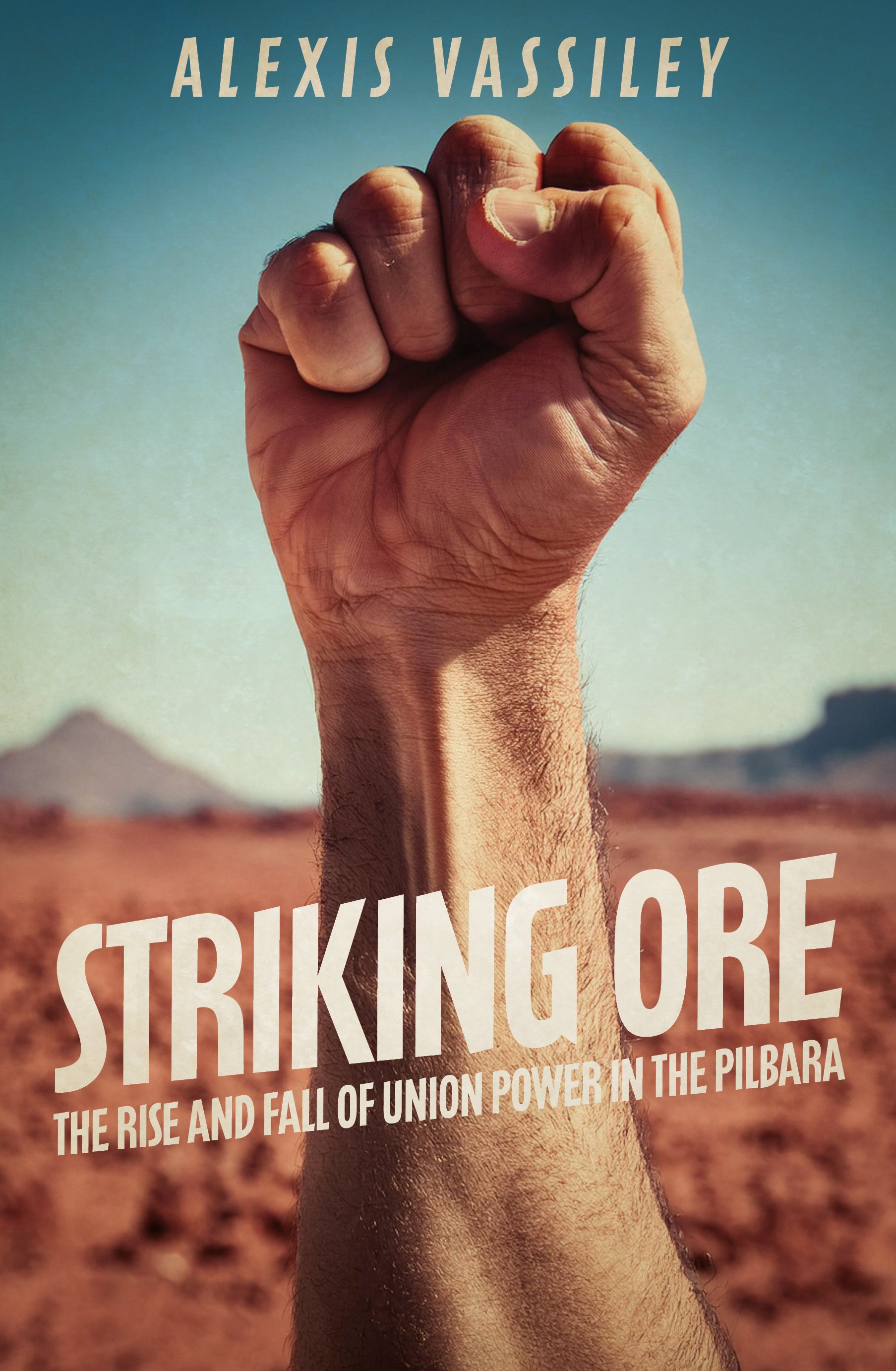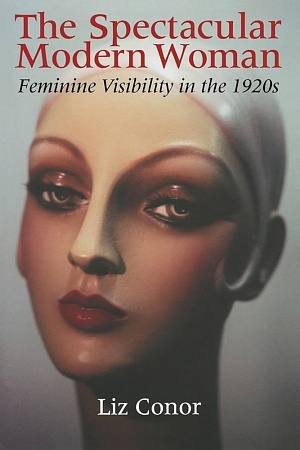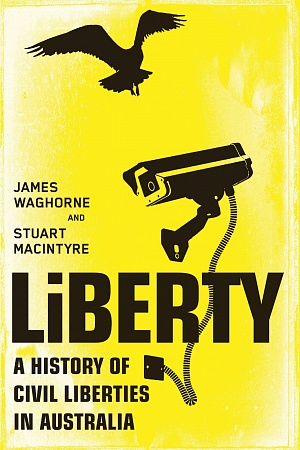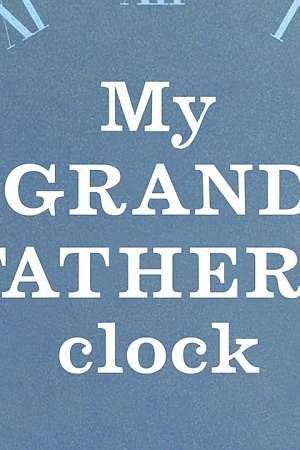Striking Ore: The rise and fall of union power in the Pilbara
Monash University Publishing, $39.99 pb, 277 pp
ABR receives a commission on items purchased through this link. All ABR reviews are fully independent.
Invisible frontier
The history of the Pilbara is distinctive, but its contours are those of Australian history in miniature. Successive resource booms have saddled that part of Western Australia with the weight of immense national expectation. The rise and fall of trade unionism was compressed into a few short decades in the Pilbara’s iron ore mines, where compulsory unionism once made workers immensely powerful, and where the decline in union membership now leaves them highly exposed to managerial agendas.
Of course, First Nations history underwrites the whole landscape. Aboriginal people have lived in the Pilbara for more than 40,000 years and the region’s voluminous petroglyphic rock art is, or ought to be, a national treasure.
Continue reading for only $10 per month. Subscribe and gain full access to Australian Book Review. Already a subscriber? Sign in. If you need assistance, feel free to contact us.
Striking Ore: The rise and fall of union power in the Pilbara
by Alexis Vassiley
Monash University Publishing, $39.99 pb, 277 pp
ABR receives a commission on items purchased through this link. All ABR reviews are fully independent.











Leave a comment
If you are an ABR subscriber, you will need to sign in to post a comment.
If you have forgotten your sign in details, or if you receive an error message when trying to submit your comment, please email your comment (and the name of the article to which it relates) to ABR Comments. We will review your comment and, subject to approval, we will post it under your name.
Please note that all comments must be approved by ABR and comply with our Terms & Conditions.